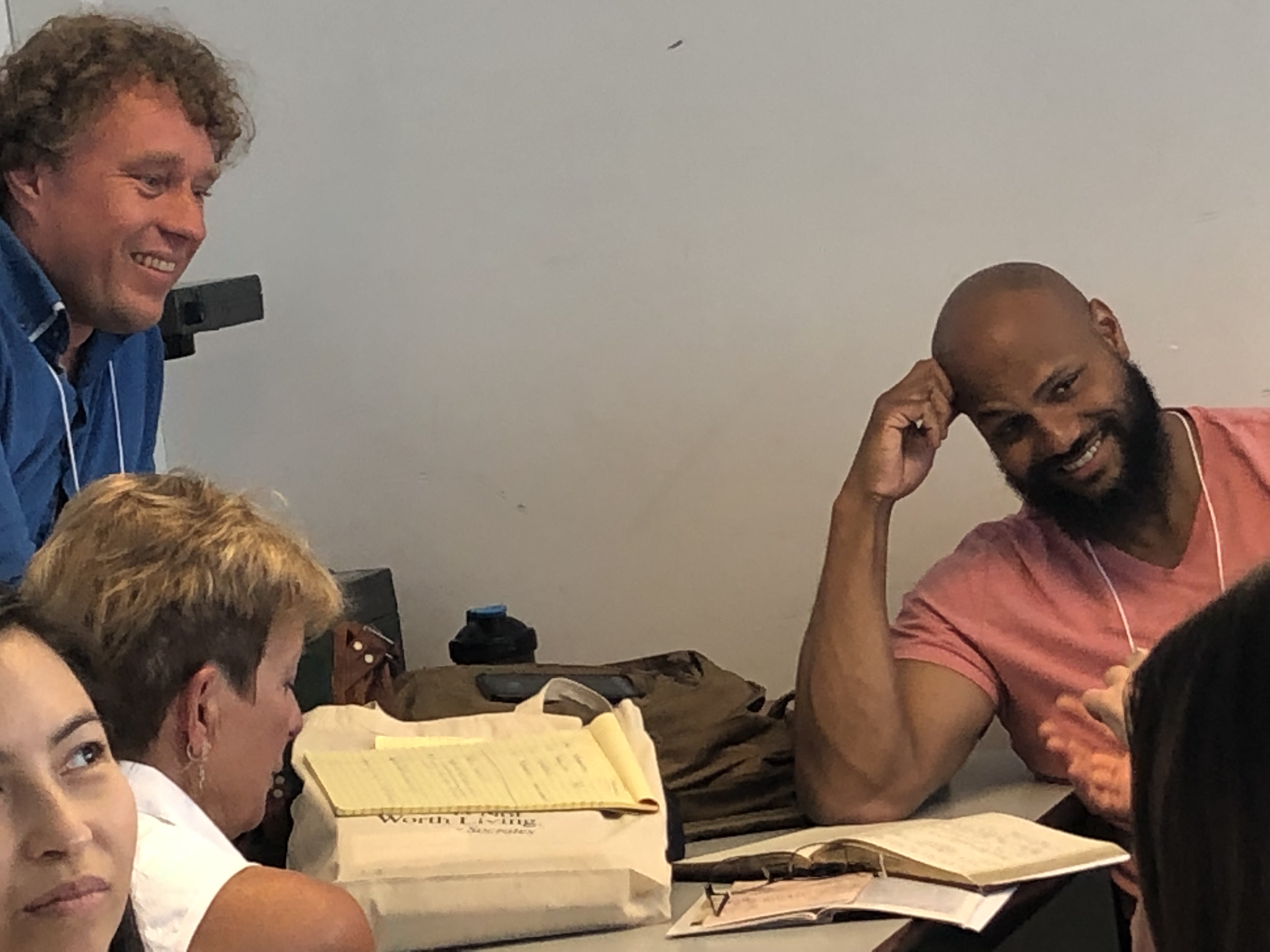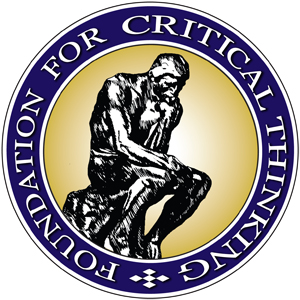




Translate this page from English...
*Machine translated pages not guaranteed for accuracy.
Click Here for our professional translations.


Registration Closed
 Critical thinking is not a concept to be devoured in a single sitting, nor at a single event. It is one to be savored and reflected upon. It is something to live and grow with. It shows us that part of our minds which enables us to think things through, to learn from experience, and to acquire and retain knowledge. It enables us to visit and revisit our purposes (and how we define them), our questions (and how we frame them), our information (and where we have found it), our concepts (and how we have formed them), our inferences (and where they are taking us), our assumptions (and what they are based on), and our points of view (and how they may blind us). To think, but never to think of how we think, is a tragic waste of our potential as learners and knowers.
Critical thinking is not a concept to be devoured in a single sitting, nor at a single event. It is one to be savored and reflected upon. It is something to live and grow with. It shows us that part of our minds which enables us to think things through, to learn from experience, and to acquire and retain knowledge. It enables us to visit and revisit our purposes (and how we define them), our questions (and how we frame them), our information (and where we have found it), our concepts (and how we have formed them), our inferences (and where they are taking us), our assumptions (and what they are based on), and our points of view (and how they may blind us). To think, but never to think of how we think, is a tragic waste of our potential as learners and knowers.
The intellect is that part of the mind with “the power of thought.” It is the basis of intelligence and cognitive ability. It contrasts with processes guided by irrational feelings or desires, rather than truth-seeking thoughts. Critical thinking is the process that develops and grooms the intellect, enabling it to do what it exists to do – serve the mind in making sense of the world through construction of substantive knowledge. Individuals cannot develop intellectual interests if they have no sense of the nature and significance of their intellects. We cannot be skilled at thinking unless we are skilled at acquiring knowledge; we cannot be skilled at acquiring knowledge unless we are skilled at thinking.
Those who want to think critically must discover their intellects, but one cannot discover the intellect if it remains unnamed. It must be explicitly used, explicitly trained, and explicitly grounded and cultivated. When one uses his or her intellect successfully - e.g., to respond successfully to new experiences, to read and write closely and substantively, to think biologically, geographically, mathematically, sociologically, or historically, to 'open' subjects of study, and to see those subjects as systems and take command of them - then, and only then, does one use the intellect in keeping with its potential as the ultimate driving force of the life of the mind.
When we target the intellect as the instrument of learning, we can begin to construct substantive knowledge, or in other words:
Registration Closed


The Foundation for Critical Thinking has reopened its publishing house at FCTPress.Org. Several publications are available now, including the award-winning Critical Thinking Therapy: For Happiness and Self-Actualization, with more to come.
The FCT Press also offers self-publishing services for authors.